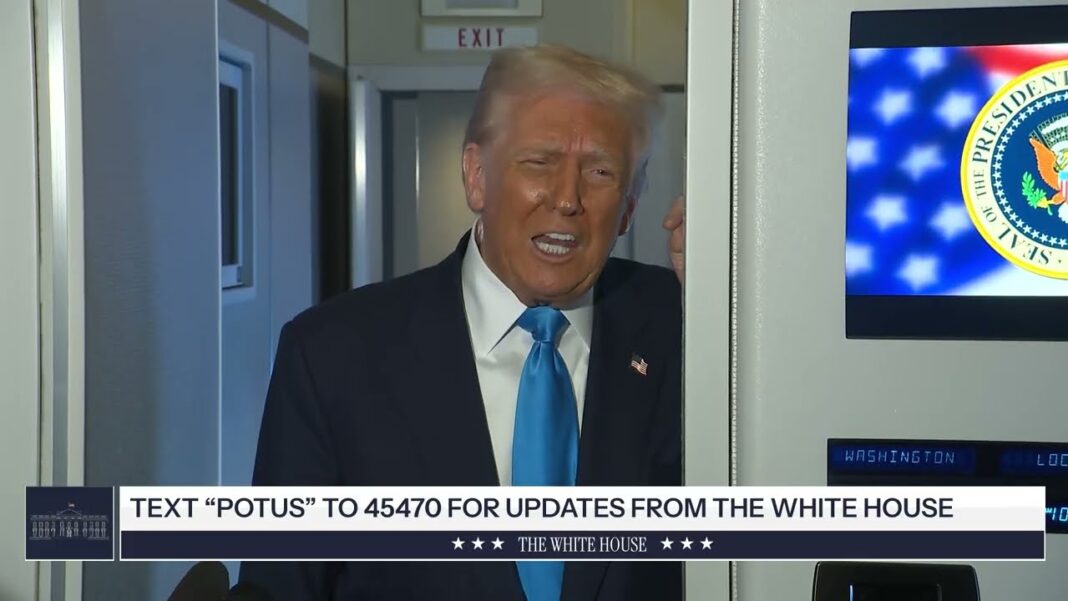Trump, who has signed several trade and investment deals on his Asia tour, has said he wants a ‘deal on everything’ with China.
U.S. President Donald Trump is in Gyeongju, South Korea, hours away from capping off his busy Asia tour with a high-stakes meeting with Chinese Communist Party (CCP) leader Xi Jinping on Oct. 30.
The two leaders will sit down at 11 a.m. for a meeting that could last up to two hours before Trump departs for Washington.
Trump met with South Korean President Lee Jae Myung on Oct. 29 to discuss investments and security, but no trade deal was signed.
Xi will remain in South Korea on Nov. 1 and hold a bilateral meeting with the South Korean president.
American and Chinese trade negotiators said on Oct. 26 they had reached a framework for an agreement between the two countries and that a deal is expected to come out of the Trump–Xi meeting.
An ‘Everything’ Deal
A myriad of issues are on the table as the two leaders meet to discuss tariffs, fentanyl, global supply chains, Indo-Pacific security, and political prisoners.
Chinese spokespersons, who confirmed the meeting on Oct. 29, called the high-level relationship between Trump and Xi “irreplaceable” in strategic relations between the two countries and said it would be an “in-depth” exchange.
Trump has said the list of issues he wants to raise with Xi is long, and he expects cooperation and concessions from Beijing on several of them.
Trump and U.S. officials have also signaled that 100 percent tariffs are no longer on the table, given that Beijing is expected to hold off on a disruptive export restriction program for rare earths.
The United States and China had imposed tariffs reaching triple digits on each other back in April amid escalating tensions, but those tariffs have been paused several times to make room for negotiations. The next deadline is Nov. 9, which may be pushed again if no final deal is reached in the Oct. 30 meeting.
Beijing is expected to hold off on its latest rare-earth export controls for about a year as it reviews the rule, while Trump is accelerating the diversification of the supply chain. The U.S. president signed agreements with Thailand, Japan, and Malaysia in the past few days.
Also high on the list is American farmers, whom Trump said Beijing had been trying to use as “leverage.”







